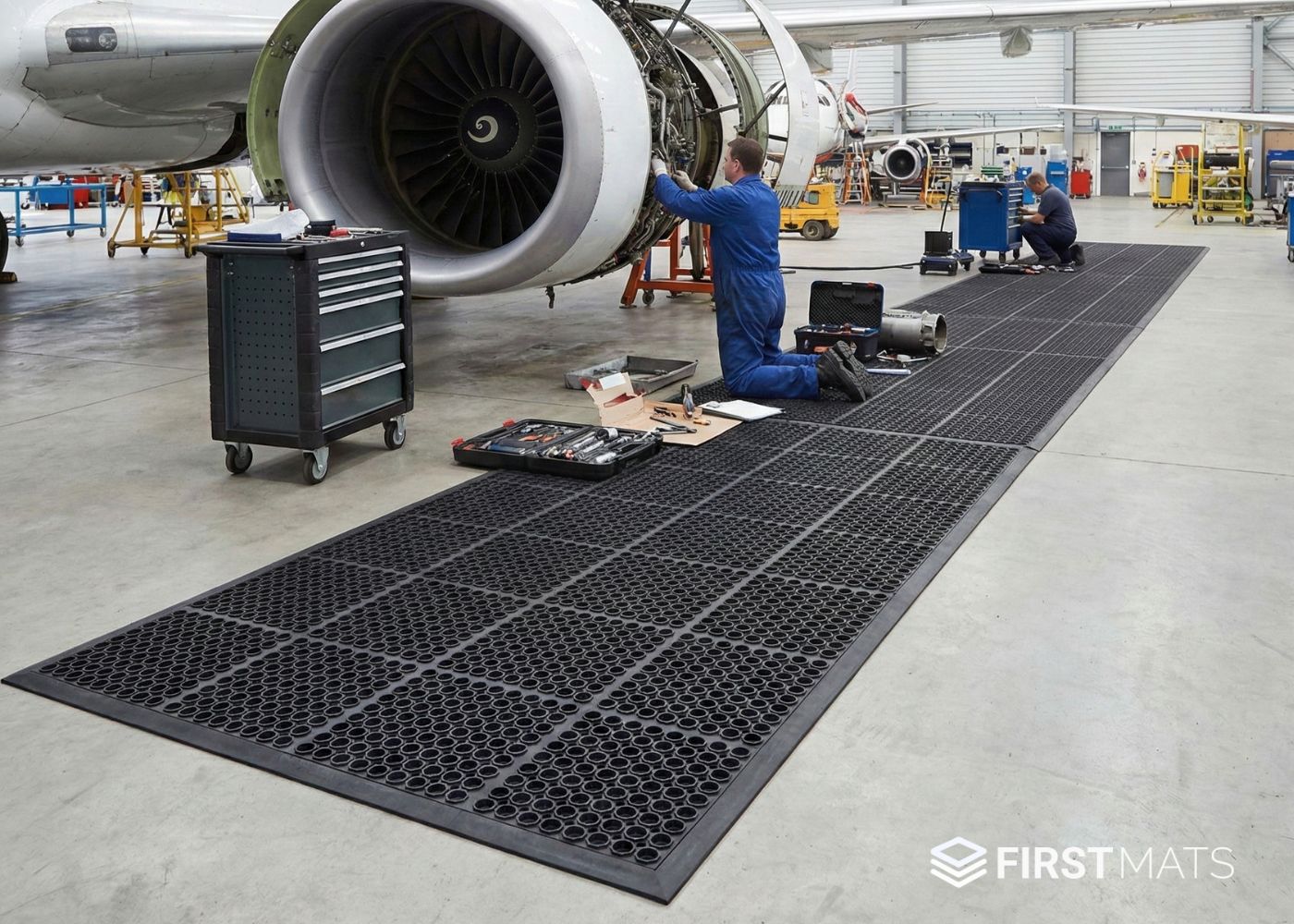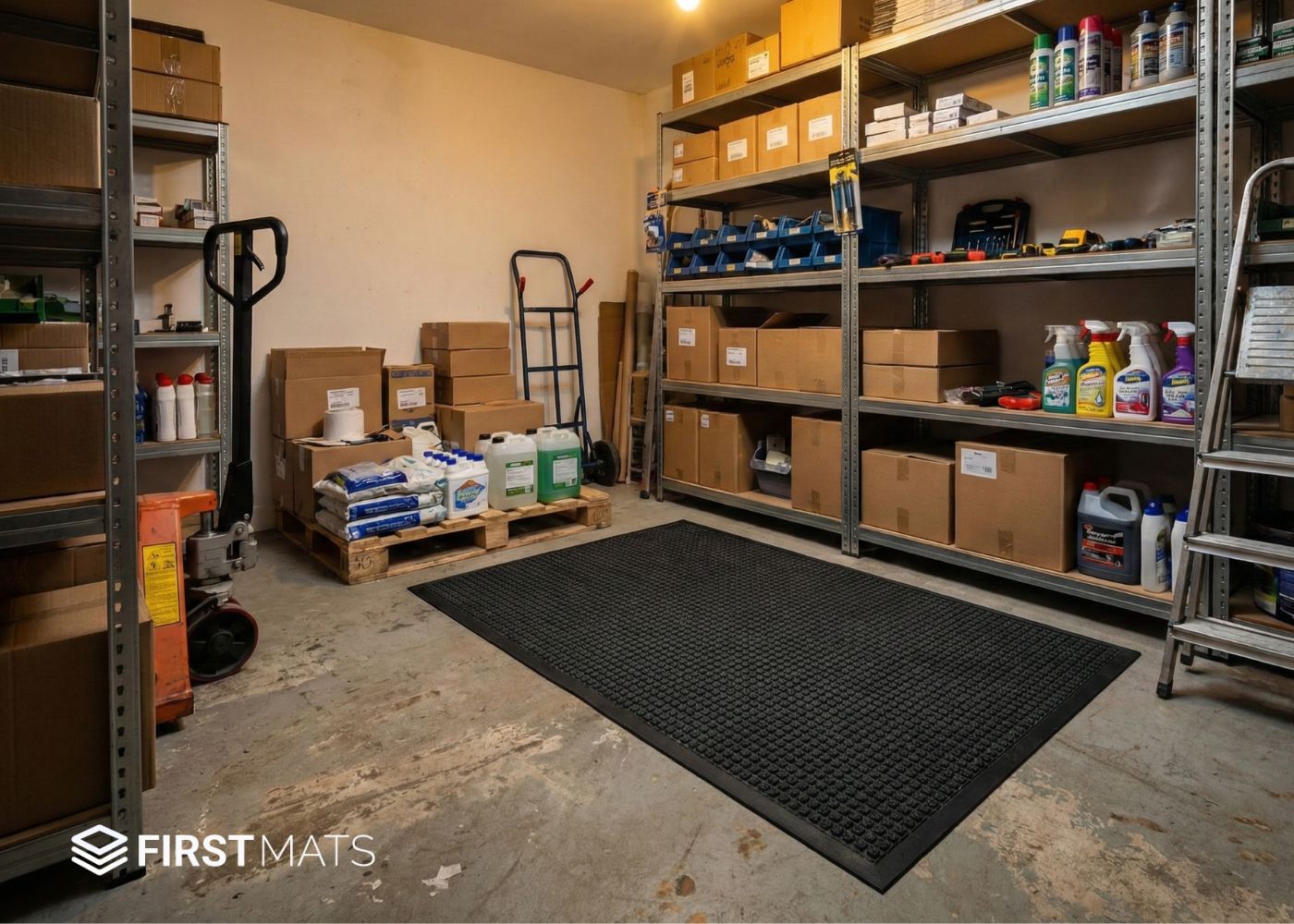How to Store Gas Cylinders Safely
Knowing how to handle compressed gas storage cylinders safely in the workplace is crucial. Many industries use different types of bottled gas for various purposes, but in the end, the risk they pose is the same.
Thousands of gas bottle-related accidents occur annually in workplaces across the country, and many factors can contribute to this. These include poor staff training, incorrect installation and inaccurate filing procedures when handling sensitive compressed gas bottles.
Keep reading this quick and handy guide for an overview of how to safely store and handle gas cylinders, as well as all the up-to-date legal guidance surrounding this issue.
How should gas cylinders be stored?

Gas cylinders should be stored in well-ventilated places, away from areas where there could be possible ignition sources. This is incredibly important for two reasons:
- By storing the gas bottles in well-ventilated and preferably outdoor areas, you are decreasing the risk of build-up in the case of a leak, which can have devastating impacts on the environment and wildlife.
- Keeping your gas bottles away from possible ignition sources is vital to avoid damaging consequences, including possible explosions. Always keep gas bottles far away from naked flames.
Gas bottles should always be stored in vertical positions to reduce the chances of harmful gas leaks and messy spillages. Gas Cylinder Stands with chains or other appropriate securing measures should also be used to keep the bottles in place and prevent them from toppling over. The same applies to Gas Cylinder Trolleys, ensuring bottles do not topple when transported.
Security is important to prevent accidents and thefts, especially in places like construction sites where propane is used frequently, but could also be easily accessed by anyone who gains access to the site.
Do empty and full gas bottles need to be stored separately?
Yes, they do. Empty gas containers should be stored in a separate area (or gas bottle cage) away from full ones to avoid confusion. However, whether they are full or empty, gas bottles with (or had) the same contents should always be grouped to prevent any mix-ups.
How do I know if a gas bottle is empty?
All gas bottles are labelled with all the necessary information you require, including the tare disk weight. To check how much gas you have left if your bottle, or if it's empty, you simply need to weigh it. For example:
The total weight of a gas bottle is 25kg – the bottle weighs 13kg, and the gas itself weighs 12kg. If you want to check how much gas is remaining, place the bottle on a scale and if they show 14kg and the original bottle weight was 12kg, this would mean there is 2kg of gas left in the bottle.
On certain varieties, the window on your changeover unit will display a red colour indicator if your cylinder is empty.
With this being said, an LPG gas cylinder might seem empty but could still contain LPG vapour – so you should treat all LPG gas cylinders as if they were full.
What are the legal requirements surrounding gas bottle storage?

There are specific guidelines outlined by HSE which should be followed for maximum safety for yourself, your staff and any equipment you have in your workplace. These include:
- The maximum size of any LPG cylinder stack should not exceed 30,000kg
- Cylinders should be stored preferably in the open air on a concrete or load-bearing surface
- Containers should be stored with their valves uppermost
- For storage indoors, no more than 5000kg may be stored in each purpose-designed building compartment and;
- A maximum of five compartments may exist in a single building.
The BRITISH COMPRESSED GASES ASSOCIATION (BCGA) also outlines some recommended minimum requirements for how to handle gas cylinders, including:
- All personnel shall wear appropriate PPE
- Cylinders shall not be rolled along the ground; this may damage or even open the valve and will also damage identifying labels, marks and symbols
- A cylinder shall not be moved with the valve open
Top tip: The Manual Handling Operations Regulations (3) require first that an assessment of manual handling operations is conducted. Following the assessments, training should take place. Where the assessment indicates that the work exceeds guideline limits, the process should be mechanised or handling aids provided wherever practicable.
Which type of signage is required on gas bottles?

Compressed gas cylinders are required by law to carry and display hazard warning signs and Control of Substances Hazardous to Health (COSHH) warning symbols to minimise the risk of injury.
It is also essential to clearly identify which cylinders are full and which are empty. Empty cylinders should be marked as such, as full and empty cylinders require a different level of care and handling.
Our top Gas Cylinder Safety Storage Tips
No matter what industry you are working in, if you keep compressed gas cylinders on site, it is vital to ensure you have taken all the proper safety precautions. Here is a reminder of the critical points to ensure you have implemented the appropriate safety measures when storing gas cylinders:
- Don’t use gas cylinders in the horizontal position – in the event of a leak, use detection fluid to trace it
- Don’t change gas cylinders in the presence of naked flames
- Always display safety and operating notices prominently
- Always store cylinders following legal requirements
- Never store below ground level, as any leakage will collect at low levels
- Don’t use tools to operate gas cylinder valves – these should be firmly tightened or opened by hand only.
We hope you have found this guide on gas bottle storage safety to be useful. Please do not hesitate to contact our friendly team if you have any questions on gas cylinder storage.







